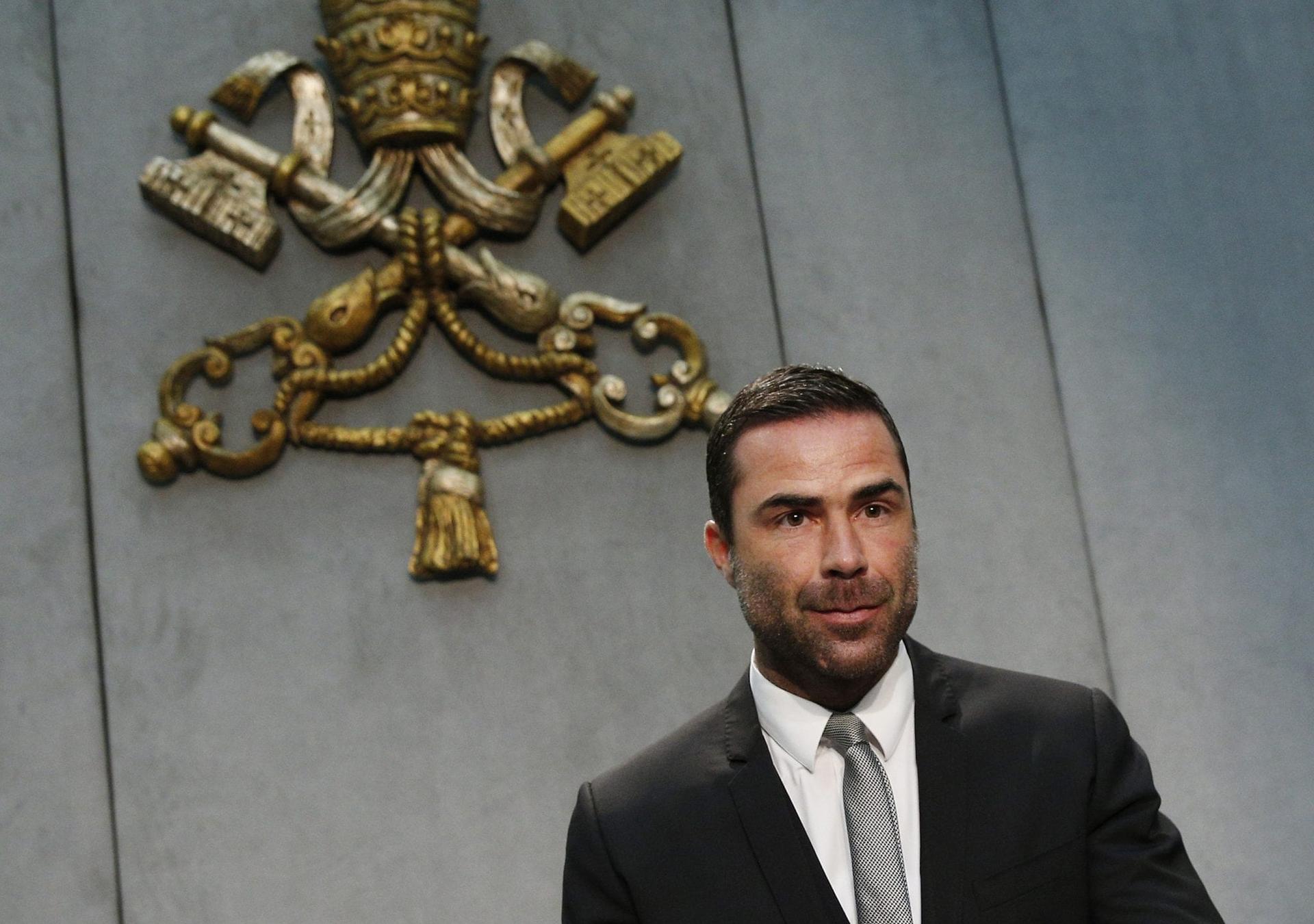ROME – The Vatican’s anti-money laundering watchdog agency has released its annual report, citing “significant achievements” both in terms of the reporting of suspicious activity and a tightening of regulations.
“If we look back at 2018, I think it’s been a very positive and encouraging year,” said René Brülhart, President of the Financial Information Authority (AIF) the supervision and prevention agency that oversees most financial activities at the Vatican, during a press conference at the Vatican May 21.
Compared to eight years ago, when AIF was founded by Pope Benedict XVI, “it’s fair to say that a fully functioning system has been implemented and achieved,” he added, saying this was also thanks to the set of regulations enacted in 2015 to strengthen the agency.
While it’s “very positive what has been achieved so far,” Brülhart said, “it’s never mission accomplished.”
One paradigm of success for AIF has been the successful application of the Vatican City State and the Holy See to the Single Euro Payments Area (SEPA), which greatly simplifies financial dealings with its neighboring countries.
“It’s a major milestone,” Brülhart said, and a “relevant step forward toward harmonization and efficiency of the transfer of funds.”
According to the financial supervisor, officially joining SEPA will guarantee “even more transparency,” making transactions “faster, but also cheaper.”
Another metric of success has been the “increased effectiveness of the reporting systems” in cases of illicit or suspicious financial activity, the AIF press release reads.
The financial watchdog filed 56 Suspicious Activity Reports (SARs) in 2018, compared to 150 in the previous year. The SARs can also be made by other competent entities, such as law enforcement authorities, which in 2018 submitted 11 reports.
“Such a decline and tendency in the last year was expected,” said Tommaso Di Ruzza, Director of AIF, in a press release. “Very positive is the enhanced quality of the suspicious activity reports filed with our authority and the increase of disseminations to the Vatican Office of the Promoter of Justice.”
On May 20, the Vatican’s Financial Security Committee (CoSiFi) issued a General Risk Assesment document that while recognizing the unique financial assessment of the Vatican State, said that the country presented no risk of money-laundering and is well-protected against outside influence.
“New regulations have been applied in strategic sectors,” Di Ruzza told Vatican reporters May 21, especially in regard to foundations, public contracts and the Institute for Religious Works, also known as the Vatican Bank.
The director also emphasized the importance of sharing information with foreign countries and entities, adding that AIF signed eight Memoranda of Understanding with foreign counterparts, which resulted in 488 cases of exchanged information.
But exchanging information with the complex and often competing departments at the Vatican is just as important, AIF representatives agreed.
“When you try and establish something new there is always uncertainty and pushback on certain issues,” Brülhart said. “In that regard internal communication is important.”
The director credits the support of the Vatican at a “political level” for bringing in the necessary changes in statues and law. Today, he added, AIF works in “great partnership” with other Vatican departments and entities.
“We have reached a level of awareness and internal domestic cooperation that allows us to continue the way we have started,” he continued. “We will see very positive results in the near future.”
Brülhart discredited media reports that point to him or the Vatican being involved in financial wrongdoing and said that “the path we are going on is a well paved and regulated one.”
“We may have less concerns than other similar authorities, but it doesn’t mean that we don’t have to put in place prevention strategies,” Di Ruzza said, “especially when it comes to morality.”
Follow Claire Giangravè on Twitter: @ClaireGiangrave
Crux is dedicated to smart, wired and independent reporting on the Vatican and worldwide Catholic Church. That kind of reporting doesn’t come cheap, and we need your support. You can help Crux by giving a small amount monthly, or with a onetime gift. Please remember, Crux is a for-profit organization, so contributions are not tax-deductible.













